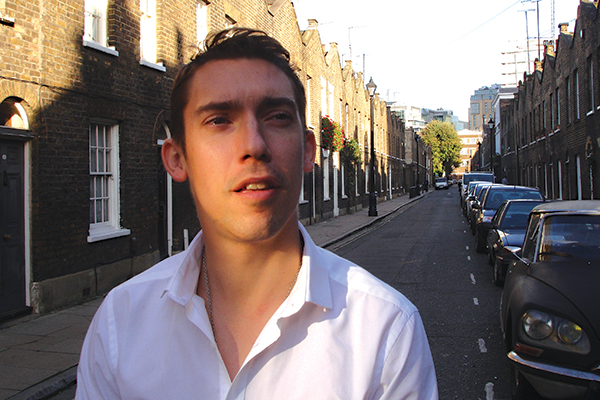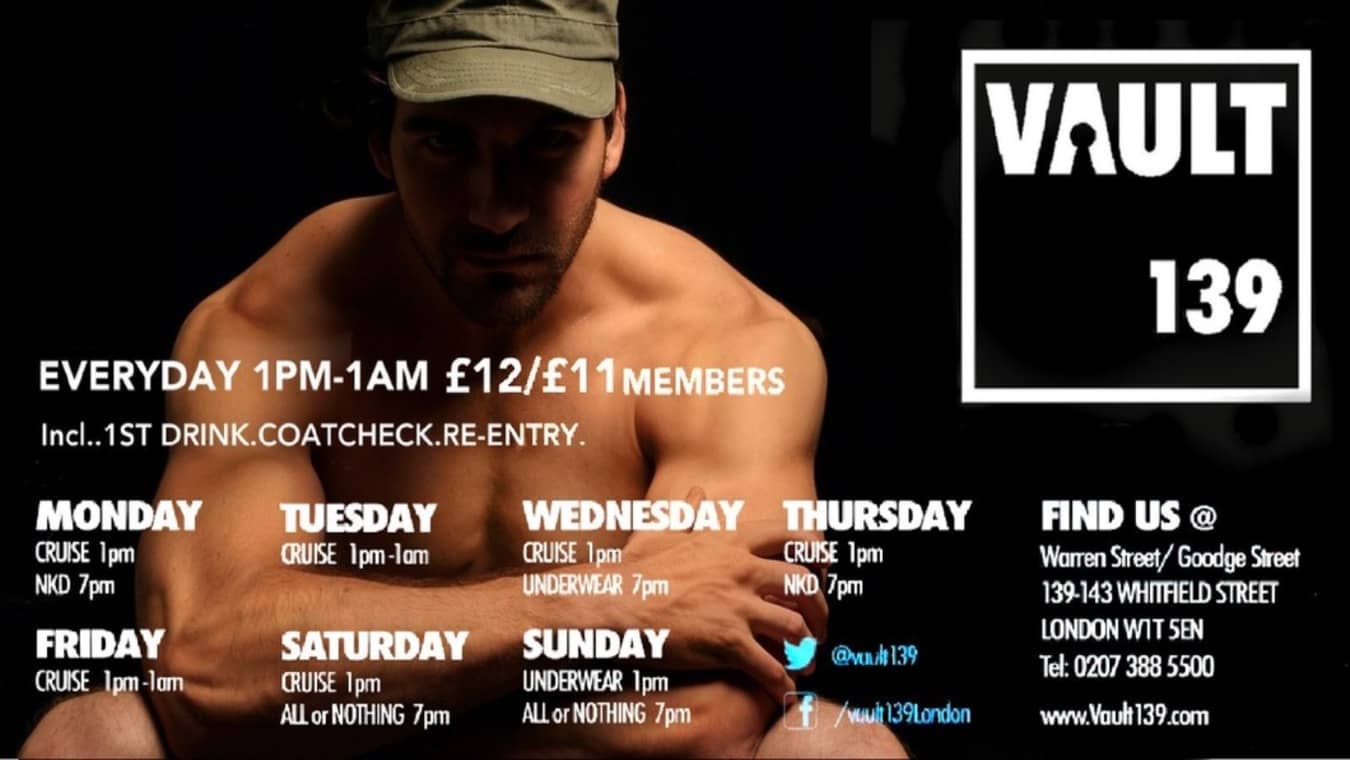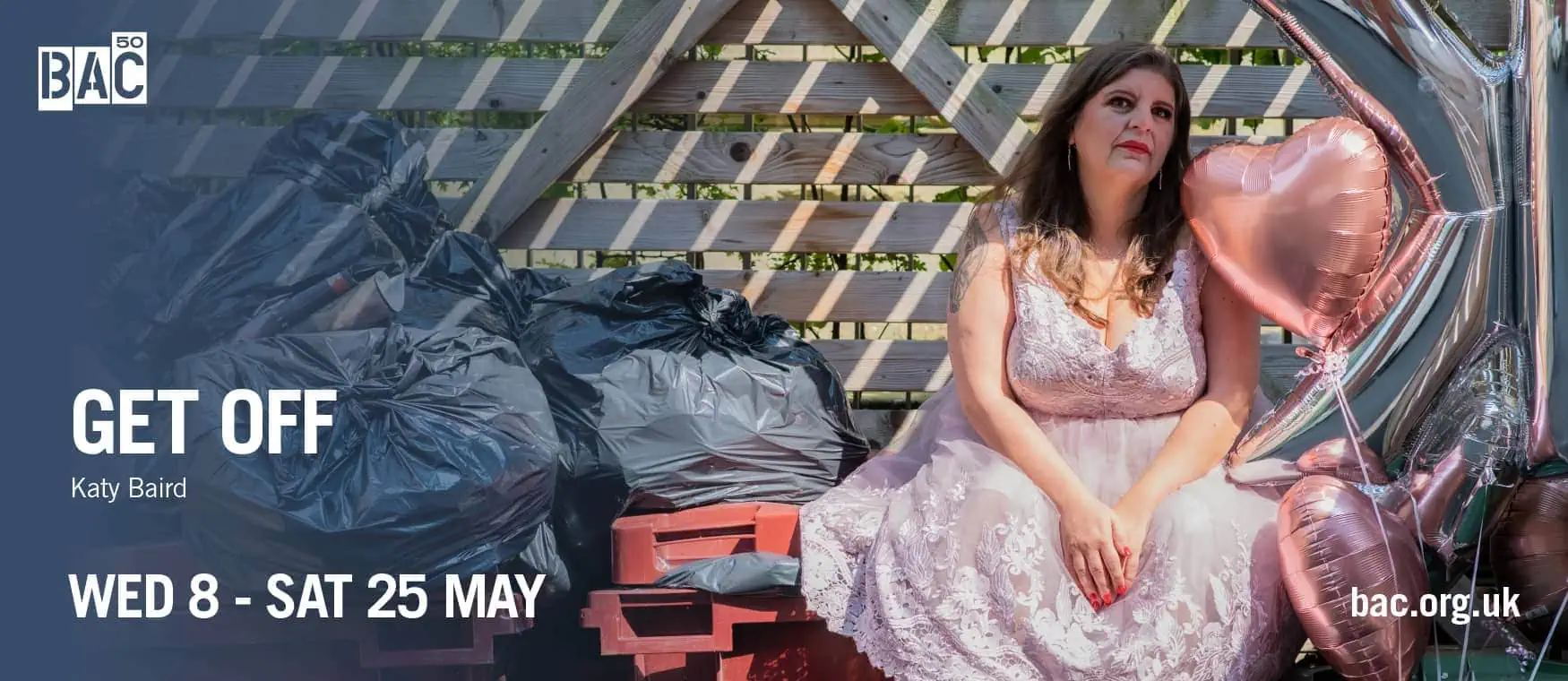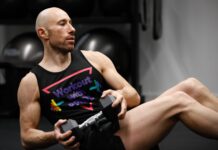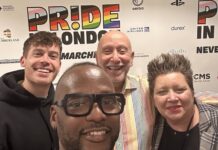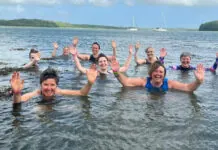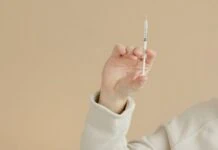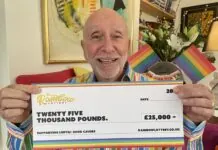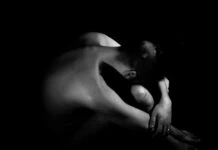Liberal Democrat candidate for Vauxhall Adrian Trett made headlines last week when he came out as being HIV positive. He speaks to QX this week about why hiding his sexuality was such a painful experience…
Growing up as a super enthusiastic sports fan was my greatest shame linked to my sexuality because I fell out of love with sport. The sports arena became my greatest fear, whether lining up to be picked on one side or another at school, waiting for somebody to say “Oh, you can have the fairy”, to the negative comments on the field of play. Or worst of all in the shower rooms, hiding any bodily evidence of attraction and trying to ensure I never got caught looking, even though I wanted to, just in case I looked at someone in the wrong way and ended up getting beaten up. I knew in my heart I was gay and acted in a way to try not to indicate I was. Once again there were no visible role models to look up to. Teenagers of today are so fortunate to have stars like Tom Daley break down those barriers, but there are still too few, especially in the most macho sports.
Being gay at school had the most horrendous impact on me and my future life. One cannot put into words the shame and embarrassment I felt which all contributed to the number of attempts on my life both during school and then later on in my early years in London.
However, one has to ask why does sport deal with this issue so badly? If you aren’t a strong, built muscled lad at school, then you’re seen as one of the weaklings and one is an open target that can easily be bullied and beaten. It’s no surprise that whilst at school homophobic, biphobic and transphobic bullying happens and today it is still a major problem as highlighted by survey after survey from organisations like Stonewall and Schools Out.
“If you aren’t a strong, built muscled lad at school, then you’re seen as one of the weaklings.”
Sport remains the bastion of the cruellest name calling and mental and emotional bullying there is, even by supporters on the terrace shouting at their own team play, the use of words seen as banter by fans can only alienate a proportion of the community from feeling comfortable in those surroundings! There’s still no openly gay footballer in the top division of the premiership– over 500 players and not one is openly gay.
When Gareth Thomas came out about being gay the rugby world embraced him, but his story of having to fit into an expected macho culture with all the associated behaviours meant that he had to be someone who he wasn’t and that lead him down the same path to suicide attempts as me. After having read his autobiography, so many parts are tinged with so many similar elements in my own life, albeit in very different ways.
Now, I don’t pretend to be a great sportsman, I play golf to an acceptable standard, but how many openly professional gay golfers are there? I’ve tried my hand at most sports over the years, just because I love sport whether that be football, tennis, badminton, gymnastics, table tennis, swimming – you name I tried it. However, my sporting passion rekindled from around 2004 onwards when I joined the Irons Golf society. That was part of my rehabilitation process, finding a group of people who could accept me for who I was. It put me on a slow journey with the help of some very close friends to improve my mental health and exercise. I started going back to football matches, having the safety of going with a close friend enabled my sporting passions to return.
Yet, I look back with great regret that if only I hadn’t been bullied at school, maybe I could have been so much at better sport? My family have sporting precedents and at such a crucial age during puberty, growing up it was the most difficult issue to face and the one lesson at school I dreaded, even though I pretended to not care about the insults and ridicule and carry on as if nothing had happened.
That shame still haunts me today as do my actions growing up in that environment. Ultimately, only now can I reconcile that it was my voice shouting out for help to deal with my homosexuality at an age that I couldn’t comprehend and understand. This is why fully inclusive sex and relationship education, including an explanation of different family structures and same-sex relationships, needs to be explained at the youngest age possible, preferably seven and upwards which is when I first knew there was something different about me. If I had had that recognition at that age, I could have accepted who I was and been given support and help rather than experience the shame that engulfed me over the years that followed.

